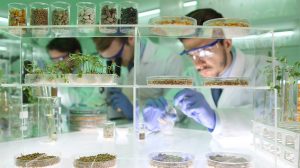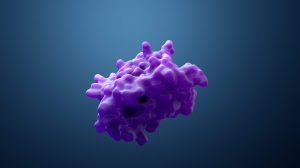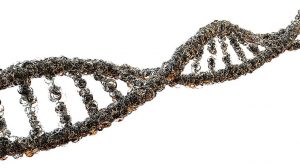parallax
1. The apparent displacement, or difference of position, of an object, as seen from two different stations, or points of view.
2. (Science: astronomy) The apparent difference in position of a body (as the sun, or a star) as seen from some point on the earth’s surface, and as seen from some other conventional point, as the earth’s center or the sun. Annual parallax, the greatest value of the heliocentric parallax, or the greatest annual apparent change of place of a body as seen from the earth and sun; as, the annual parallax of a fixed star. Binocular parallax, the apparent difference in position of an object as seen separately by one eye, and then by the other, the head remaining unmoved. Diurnal, or Geocentric, parallax, the parallax of a body with reference to the earth’s center. This is the kind of parallax that is generally understood when the term is used without qualification. Heliocentric parallax, the parallax of a body with reference to the sun, or the angle subtended at the body by lines drawn from it to the earth and sun; as, the heliocentric parallax of a planet. Horizontal parallax, the geocentric parallx of a heavenly body when in the horizon, or the angle subtended at the body by the earth’s radius. Optical parallax, the apparent displacement in position undergone by an object when viewed by either eye singly. Parallax of the cross wires (of an optical instrument), their apparent displacement when the eye changes its position, caused by their not being exactly in the focus of the object glass. Stellar parallax, the annual parallax of a fixed star.
Origin: Gr. Alternation, the mutual inclination of two lines forming an angle, fr. To change a little, go aside, deviate; beside, beyond – to change: cf. F. Parallaxe. Cf. Parallel.
Dictionary > Parallax
You will also like...

Regulation of Biological Systems
Regulation of Biological Systems tutorials are focused on the modulation of biological systems from cell to population l..

Circulation
The circulatory system is key to the transport of vital biomolecules and nutrients throughout the body. Learn about the ..

Protein Variety
The sequence of amino acids determines the type of protein. Protein is synthesized according to the sequence of nucleoti..

Genetic Mutations
This tutorial looks at the mutation at the gene level and the harm it may bring. Learn about single nucleotide polymorph..

Soils
Nutrients in the soil are essential to the proper growth of a land plant. This tutorial deals with the properties of soi..

Cell Biology
The cell is defined as the fundamental, functional unit of life. Some organisms are comprised of only one cell whereas o..

